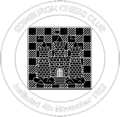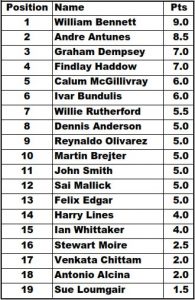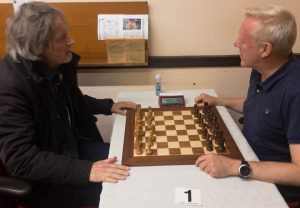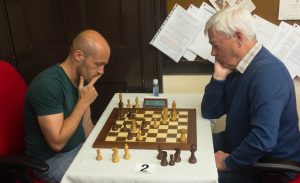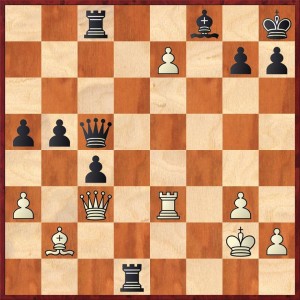The well-known GM will be giving a simultaneous display over 20 boards at the club on the 30th Dec starting at 7pm. Tickets will cost £50 (£45 for club members) and are expected to sell quickly. Refreshments will be served.
For those who may be too young to have any memory of his illustrious career, GM Nigel Short MBE became a GM at the age of 19, and rose to be ranked 3rd in the world in 1988. He memorably played Garry Kasparov for the World Championship in 1993, having defeated Speelman, Gelfand, Karpov, and Timman in the Candidates matches.
